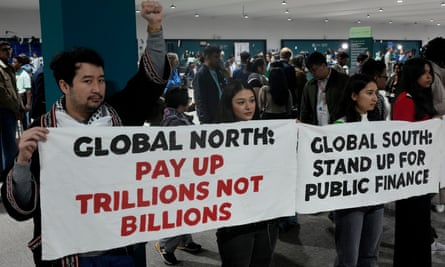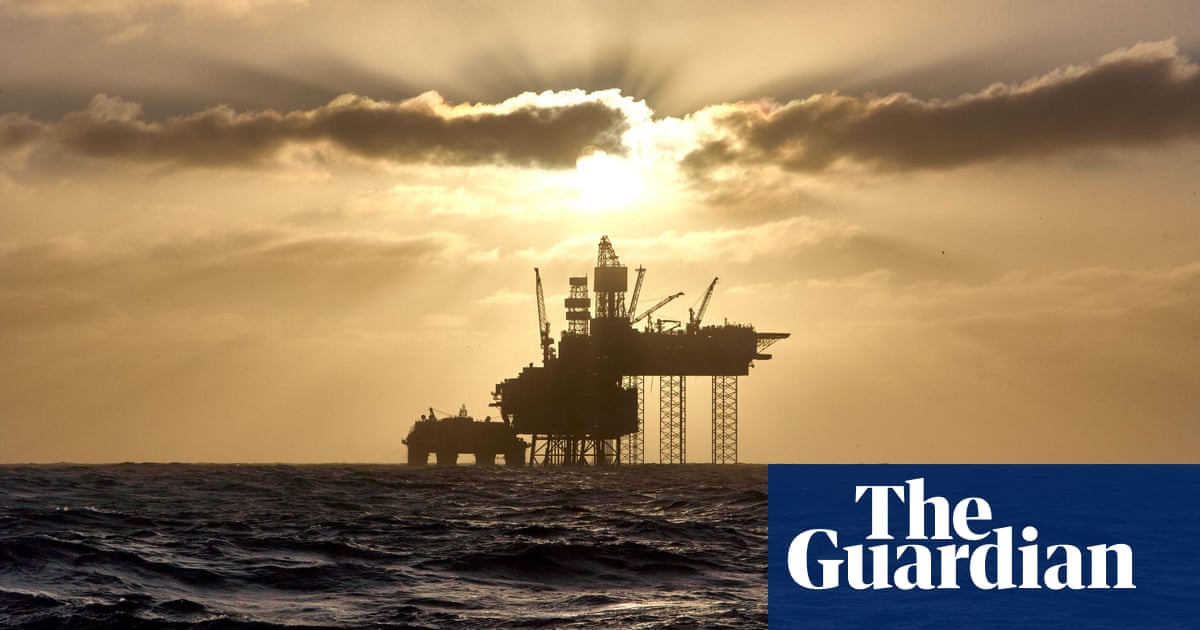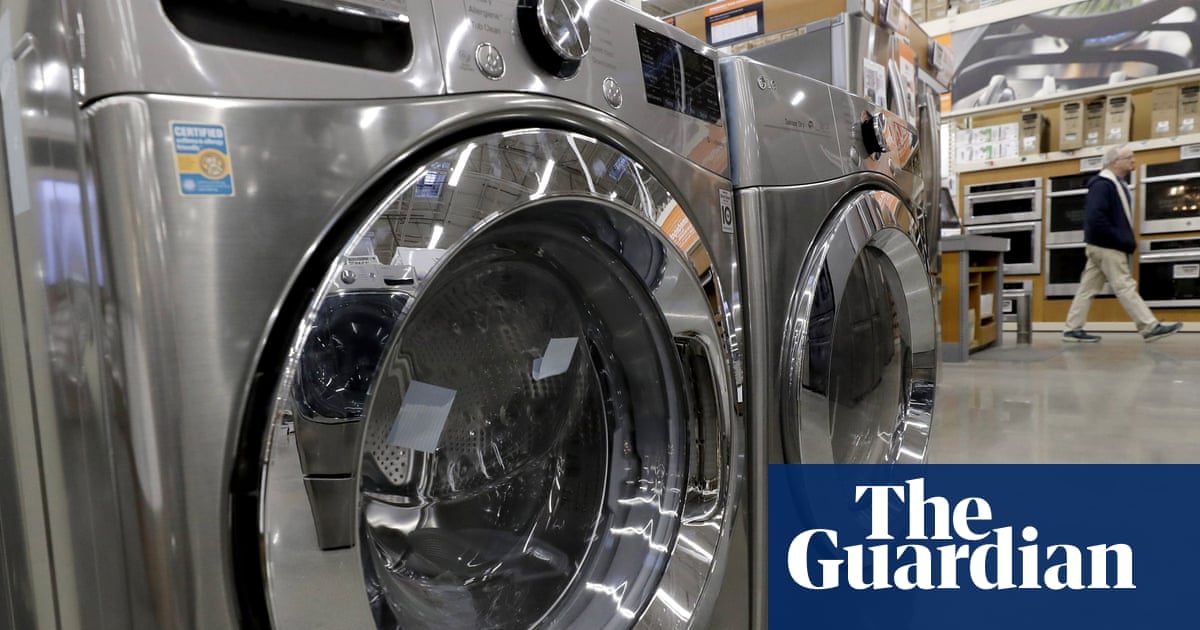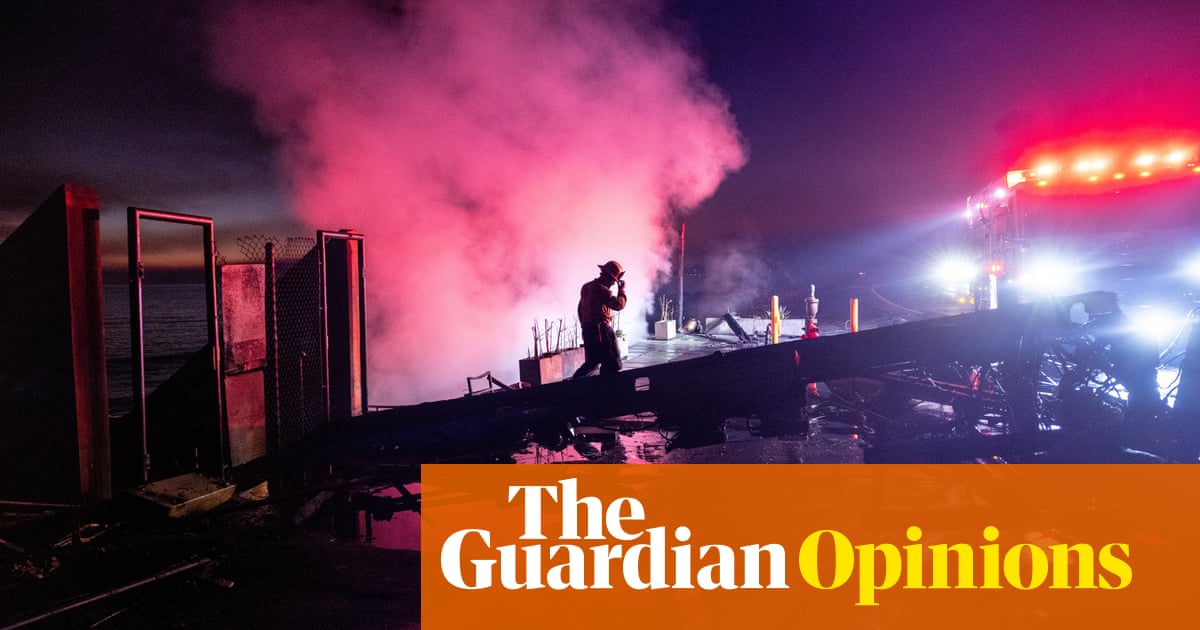Poor countries may have to compromise on key demands for cash to tackle global heating, a former UN climate envoy has said, as UN talks entered their final hours in stalemate.
In comments that are likely to disappoint poorer countries at the Cop29 summit, Mary Robinson, former president of Ireland and twice a UN climate envoy, said rich country budgets were stretched amid inflation, Covid and conflicts including Russia’s war in Ukraine.
“It’s finance, and it’s absolutely vital, and it’s the responsibility of the developed world,” she told the Guardian in an interview. “But you can’t squeeze what isn’t squeezable.”
Rich countries have yet to make any formal offer of finance to the poor world by Thursday night, even as two weeks of talks stretched into their final official day on Friday. The summit is focused on finding $1tn (£790bn) a year for poor nations to shift to a low-CO2 economy and cope with the impacts of extreme weather.
But the rich world is expected to offer only about $300bn a year at most in public finance, which is far less than many developing countries hoped for. The developed world is likely to argue that the remainder of the $1tn can be made up from other sources, including private sector investment, carbon trading and potential new sources such as taxes on fossil fuels.
Robinson said $300bn should be “a minimum” and developed countries must also take steps to ensure that poor countries can access private sector finance and loans much more cheaply than at present, by “derisking” finance for them. That could include giving guarantees for loans, which costs developed countries nothing but can make a big difference to gaining access to investment for the poor.
Many poor countries are asking for a much higher proportion of the $1tn to come from rich country’s budgets, rather than from the private sector or potential new taxes. The least developed countries bloc, for instance, said they wanted $900bn of the total to come from public finance.
Robinson said those ideas were “fine in principle, but not in the reality of government budgets”.
She conceded that this view would be controversial. “I think probably developing countries would say that’s too low,” said Robinson. “But in my view, with the others parts – the solidarity levies [such as fossil fuel taxes], the World Bank, and the private sector, you can get up to $1tn. That’s the point.
“That’s the world we live in. Budgets are stretched. The UK is playing a really good role, but they don’t have the money. We know it, you know, we all know. There’s no point trying to squeeze what is not squeezable.”
A core of finance from public sources of about $300bn, surrounded by other sources such as potential new taxes, carbon trading and private sector investment, is in line with an influential academic paper published by Nicholas Stern and other leading economists last week. The international high level group on climate finance found that about $500bn a year should come from private sector investment as part of $1tn for developing countries by 2030 and $1.3tn by 2035.

Developing countries were reluctant to comment as the negotiations are entering a crucial phase. Nevertheless, several civil society groups told the Guardian that developing countries should stick to their demands for more of the money to come from public sources.
Thato Gabaitse, climate justice advocate for the Botswana chapter of campaign group We, the World, said: “African countries have been clear on their $1.3tn ask. Out of that, $600bn would be provision and the rest mobilisation. Global north countries are showing a willingness to tip the scales, putting even more lives at risk in the global south and eroding the goodwill of global south countries. Keeping the process alive also means delivering finance without undermining the fundamentals of the Paris agreement. There is fatigue from the global south with the lack of ambition from rich countries. It’s time for the developed countries to put a future on the table and negotiate in good faith.”
Charlene Watson, a research associate at the ODI group, said developed countries should offer at least $500bn. “While less than what developing countries are asking for, a solid commitment of $500bn in highly concessional public finance – not in grant-equivalent terms, as the draft text suggests – could be the ‘landing zone’ we need to finalise the negotiations,” she said. “$500bn is robust enough – and enough of a statement – to mobilise the remainder up to that important $1tn mark.”
Robinson also said that China and other major economies still classed as developing must also pay towards climate finance. “It’s also the responsibility of the rich so-called developing countries [such as] China to take their responsibility properly. I know China does support developing countries, mainly with loans, but it needs to become more part of the way forward … in a way that’s transparent.”
Rich countries must also fulfil their responsibilities by agreeing deep cuts in greenhouse gas emissions, Robinson said. Only by doing so, as well as providing clear guarantees they will deliver the cash they promise, could they rebuild trust with the poor world, she said.
Relations between rich and poor nations were also strained, she said. “The trust is very fragile at the moment. There’s an anger, because the impacts of climate are much worse in the developing world,” she said. “The impact in poor countries is so devastating.”
On Thursday morning the host country, Azerbaijan, published draft texts covering important aspects of the talks, but they were widely criticised as inadequate. The texts on a global financial settlement, called a new collective quantified goal, did not contain vital numbers such as the amount developed countries would be willing to contribute.
Other texts failed to reaffirm a vital commitment made last year to “transition away from fossil fuels”. Saudi Arabia and some of its allies have been pushing to remove such a reaffirmation from the outcome of Cop29.
New drafts of these texts, with the finance numbers included, are not expected until Friday afternoon. This is likely to push the conclusion of the talks into the weekend, in a race against the clock as many developing country delegations are planning to leave.
There is pressure to conclude these finance talks in Baku, because Joe Biden is still in the White House until January. When Donald Trump takes office, he is expected to be hostile to all aspects of cooperation on the climate crisis.

.png) 1 month ago
22
1 month ago
22













































